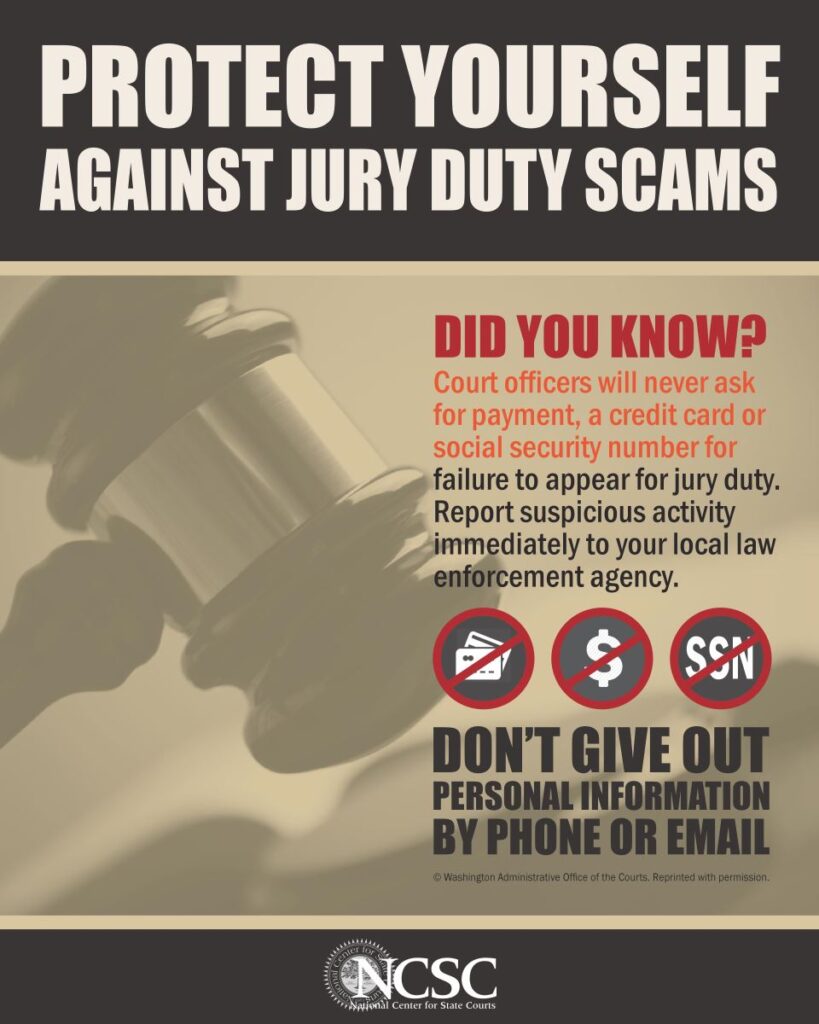Are you dreaming of a getaway in warm weather? Before you start planning, keep in mind that some scammers have set up websites advertising “free” or heavily discounted travel deals. Learn how to spot these fraudulent sites and other tricks designed to steal your money and personal information.
When browsing online, watch out for these scam red flags:
“Free” vacation deals — but you’re asked to pay fees or taxes to claim them.
Websites advertising luxury vacation packages at unbelievable prices you can’t find anywhere else.
Also, be cautious with emails. Scammers often send fake travel offers disguised as if they come from airlines or hotels you know, hoping you’ll click and visit their site. (By the way, these emails aren’t from the real companies.) If you click on them, the scammers will ask for your personal information in exchange for details on their “amazing” offers. If you share your info, they can steal your money or use your accounts for shopping.
To avoid falling for travel scams:
Do your research. Look up the travel website’s name with keywords like “scam,” “reviews,” or “complaints” before booking. Also, ask friends or family for recommendations of trustworthy travel sites.
Don’t click on links in strange emails or messages. Even if a travel deal looks like it’s from a familiar airline or hotel, double-check the URL before clicking. Instead, visit the company’s website directly to verify the offer. But remember to type the URL manually — never click a link.
Pay attention to how they ask you to pay. Never pay via wire transfer (like Western Union or MoneyGram), gift cards, or cryptocurrency. Any travel website asking for payment this way is likely a scam.






